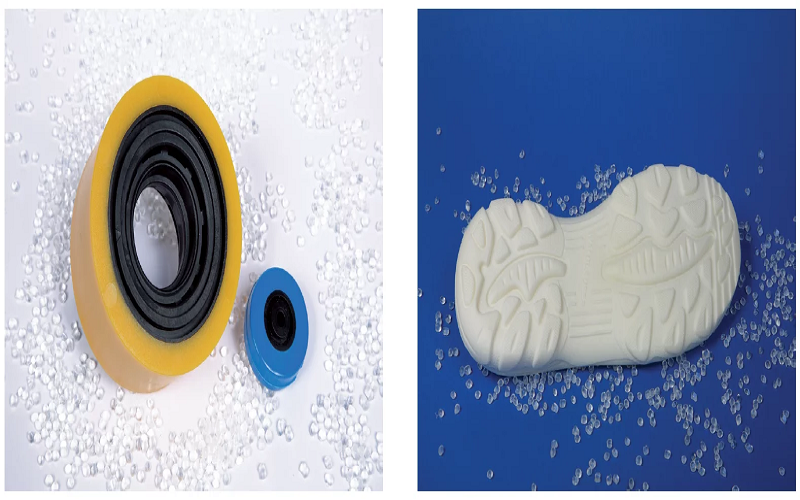As a thermoplastic elastomer, TPU is highly favored by plastic manufacturers due to its superior performance and eco-friendly concept.
However, with the growing consumer awareness of health and safety, the question “Is TPU safe?” has come to the forefront.
In the following content, we will thoroughly explore the safety of TPU material, from its production process to its practical applications.
We will provide a detailed analysis of its impact on human health and the environment, and present safety application examples across various industries, aiming to deliver a comprehensive and objective evaluation of TPU’s safety.
What Is TPU?
Thermoplastic polyurethane elastomer, also known as thermoplastic polyurethane rubber and abbreviated as TPU, is a (AB)n type block linear polymer.
It is a type of elastomer that can be plasticized by heating and dissolved by solvents. The standout features of TPU include its excellent abrasion resistance and good elasticity.
Additionally, it has high hardness, strength, and resistance to oil and chemicals, making it widely used in various fields such as footwear, cables, pipes, and films.
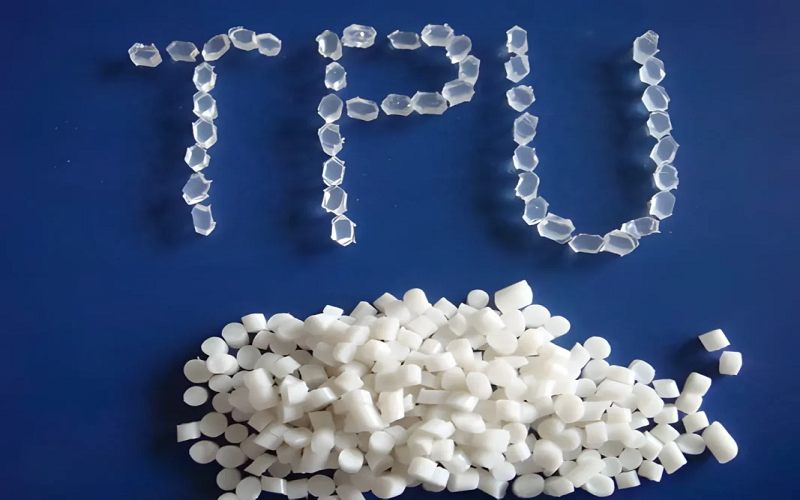
Is TPU Toxic?
TPU is a material that contains -NH-COO- groups, formed by the polymerization reaction of diphenylmethane diisocyanate (MDI), toluene diisocyanate (TDI), macromolecular polyols, and chain extenders.
Under normal usage conditions, these components in TPU products have fully reacted and are locked within the polymer matrix, preventing the release of harmful chemicals.
Therefore, TPU is generally considered a non-toxic material.
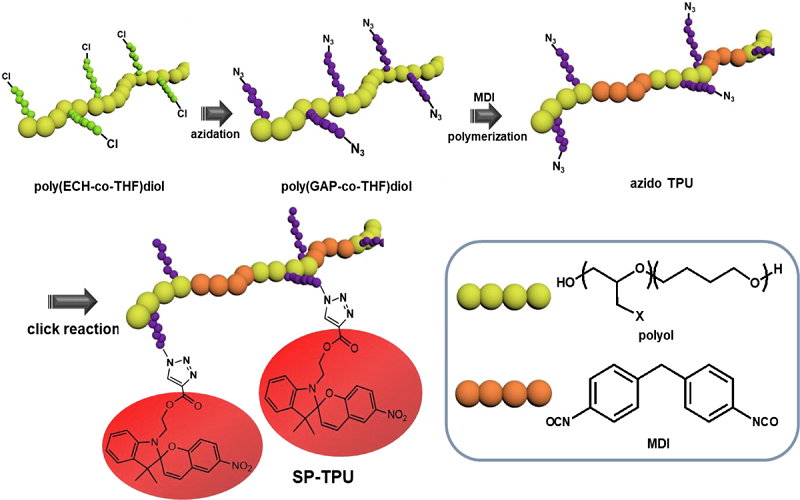
Is TPU Safe To Process?
Generally, the processing of TPU materials primarily involves two main methods: melt processing and solution processing.
Since TPU is essentially a linear structure polymer, it can be processed using melt techniques such as injection molding, extrusion, blow molding, and calendering.
These processes typically do not release harmful substances and are therefore considered safe.
Solution processing involves dissolving TPU granules in a solvent or directly polymerizing them in a solvent to form a solution, which is then used for coating or spinning.
Although solution processing may involve the use of volatile organic compounds (VOCs), these potential risks can be controlled as long as the operations are conducted in facilities that comply with safety and environmental standards.
Moreover, TPU products usually do not require vulcanization or cross-linking reactions to form the final product.
This not only simplifies the processing procedure but also reduces potential chemical risks.
Therefore, with proper operation and safety measures in place, the processing of TPU is safe.
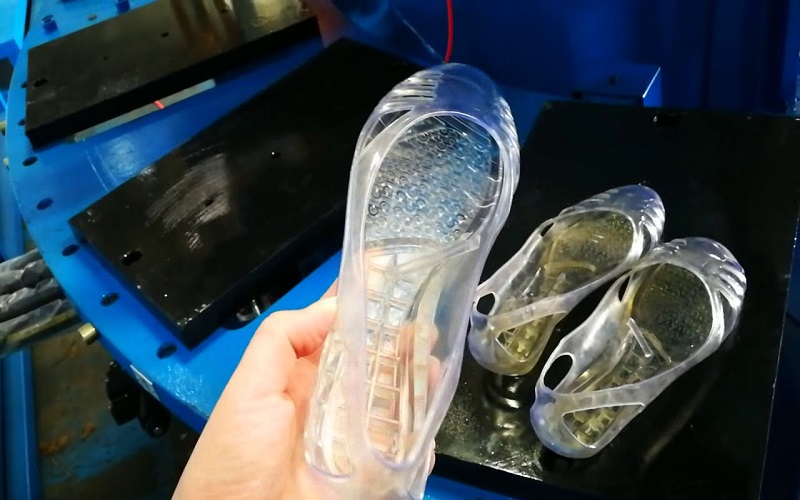
Is TPU Toxic To Food?
In fact, TPU is a non-toxic material that meets safety certifications for food contact applications.
Firstly, from a compositional perspective, TPU materials do not contain toxic components or BPA (Bisphenol A), ensuring their safety.
Secondly, TPU products such as Estane 2355-85ABR have obtained relevant certifications for food contact materials, such as FDA and European regulations, ensuring their safe use in food processing and packaging.
TPU hoses and conveyor belts are widely used in food processing, canning workshops, dairy processing, milk collection stations, and other places for transporting milk, juice, beverages, and other food liquids.
These application areas have extremely high requirements for food safety, thus further proving the food safety of TPU in these fields.

Is TPU Plastic Safe For Humans?
To determine whether TPU plastic is harmful to the body, we must first examine whether it contains toxic substances.
Reputable TPU manufacturers strictly control the quality of raw materials and the types of additives used during production to ensure that the products meet relevant environmental and safety standards.
Therefore, qualified TPU products purchased through regular channels typically do not contain substances harmful to the human body.
Moreover, TPU materials exhibit excellent biocompatibility and do not cause allergic reactions to the skin.
This makes TPU a safe and reliable material for use in footwear, clothing, and medical devices.
Its widespread application in athletic shoes, outdoor clothing, medical catheters, and other skin-contact products further demonstrates its safety and reliability.
Thus, TPU materials, when subjected to strict control and testing, are generally harmless to the human body.
Their performance in various everyday and professional applications validates this safety.

TPU In The Medical Industry: A Safer Alternative
It is well known that PVC poses potential safety risks in medical devices, particularly for infants and pregnant women. As an alternative, thermoplastic polyurethane is ideal due to its excellent biocompatibility, stability, physical and mechanical properties, and processability.
TPU achieves flexibility without the need for plasticizers, eliminating the risk of phthalate migration.
In the body, TPU softens, providing sufficient hardness before insertion and becoming flexible inside the body, enhancing patient comfort.
TPU is easy to incinerate, does not release corrosive substances or other harmful chemicals, and can be sterilized using various methods such as radiation and ethylene oxide.
Its strength surpasses that of PVC and other alternatives, making it suitable for thin-walled catheters and medical bags with higher internal pressure resistance.
Compared to other materials, TPU is more bend-resistant, easier to bond, and better for co-extrusion with superior biocompatibility compared to TPE; it offers better mechanical and processing performance than silicone rubber, allowing for thinner walls and reducing patient discomfort; and it has greater transparency and aesthetic appeal compared to EVA.
As a result, TPU is the best material for replacing PVC in medical devices.
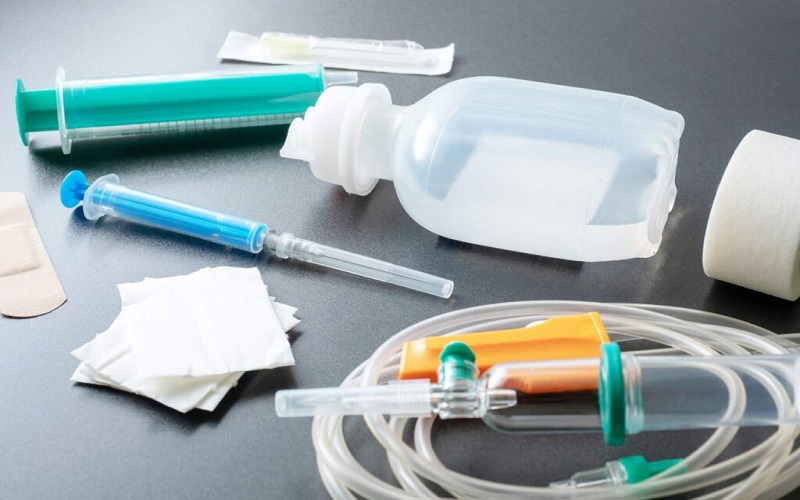
Is TPU Environmentally Friendly?
TPU is widely recognized as an environmentally friendly material, having relatively minimal impact on the environment. Its environmental advantages are mainly reflected in the following aspects:
Firstly, TPU materials have good recyclability, meaning that waste generated during their use can be recycled and reused, thereby reducing environmental pollution.
Recycled TPU materials can be processed and made into new products, thus achieving resource recycling.
Compared to some traditional plastic materials, TPU has a certain degree of degradability under specific conditions. This means that TPU materials can decompose over time in the natural environment, reducing long-term pollution to soil and water bodies.
Additionally, many TPU products comply with strict environmental regulations, such as the EU’s REACH regulations and RoHS directive, ensuring that their production and use have minimal environmental impact.
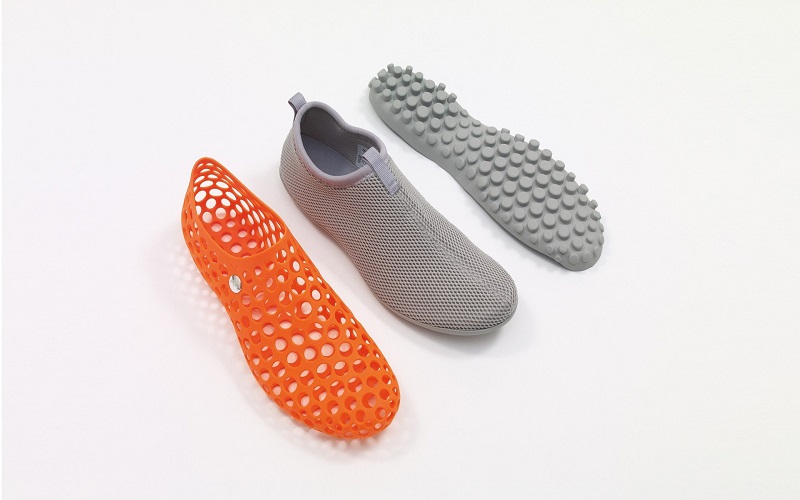
TPU vs TPE:Which Is Safer?
TPE and TPU are both environmentally friendly, non-toxic elastomer materials that comply with EU environmental regulations and certifications. They both have excellent safety performance, meeting medical-grade and food-grade requirements, and can pass ISO-10993 skin sensitization tests.
TPE offers a wider range of hardness (0A to 100A) and a softer feel, making it more comfortable to wear. Additionally, compared to TPU, TPE has superior antibacterial properties and resistance to yellowing, which are essential for maintaining product hygiene and appearance.
Consequently, both TPU and TPE are safe and reliable material choices, and the decision can be made based on specific application needs and product design.
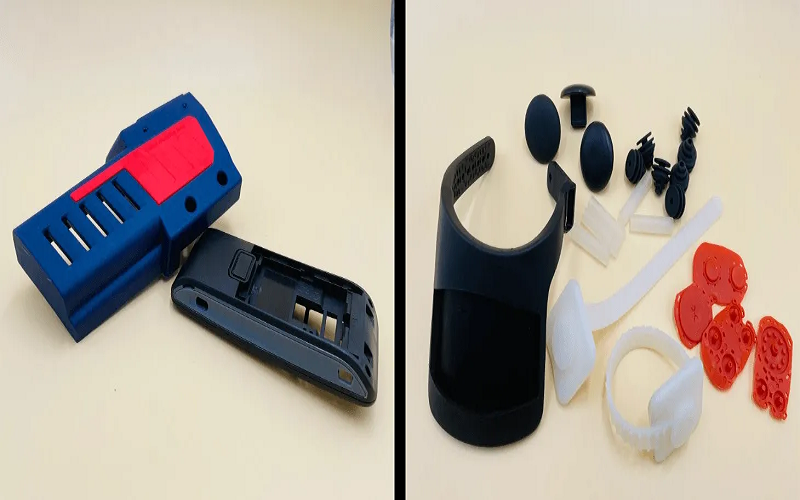
Conclusion
In summary, TPU is a safe and environmentally friendly high-performance material that is non-toxic, odorless, wear-resistant, and elastic.
It is widely used in critical fields such as footwear, clothing, medical devices, and food packaging, posing no threat to human health or safety.
If you want to start a new project with TPU materials, contact Octivi! We will customize the most cost-effective manufacturing solution for you in the shortest possible time.

